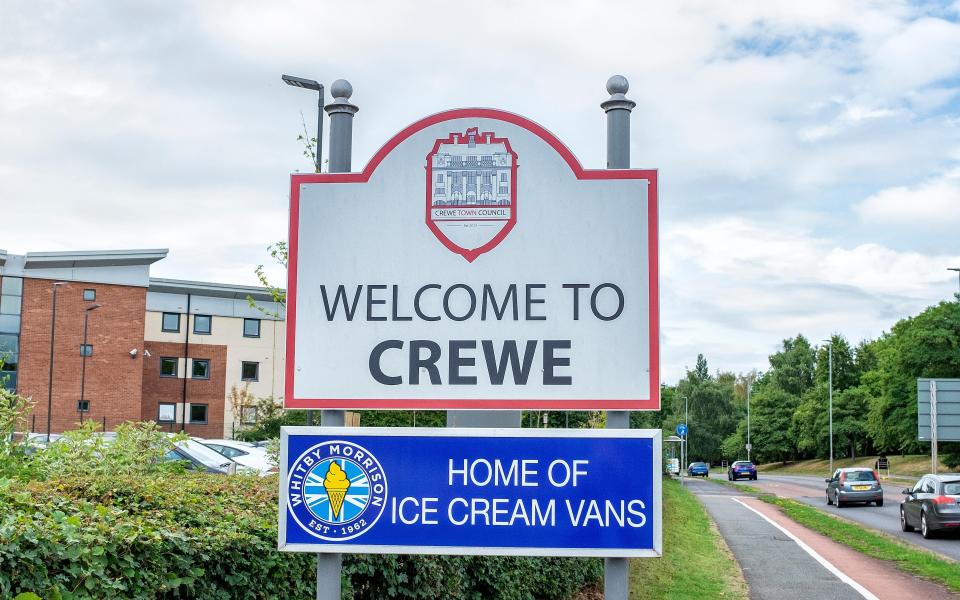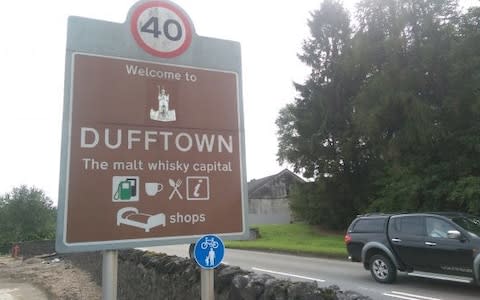British towns must develop brands to save their high streets, MPs warn

British towns must brand themselves with a unique selling point or face extinction, MPs have warned.
A new report published today by the Housing, Communities and Local Government Committee, urged towns to fight back against an online shopping boom by adopting aspirational, yet authentic brands to attract shoppers.
In comes as £1 in every £5 spent in shops is now taken online, with the figure set to grow.
As such the future for high streets and town centres is "increasingly bleak", the report warned, with some formerly thriving shopping areas likely to become ghost towns unless the Government, councils, retailers, landlords and the local community act together to reverse the trend, it warned.
Model cases of towns which have developed successful local brands are Altrincham near Manchester and Malton in Yorkshire, the report said.
Altrincham, which has had a market since 1290, decided to brand itself as “a modern market town” and because this was a brand that “everyone understood”, it had proven very successful, the report said.

Malton in North Yorkshire, describes itself as "Yorkshire's food capital". Because of its significant holding in the town centre, the Fitzwilliam Malton Estate had played a key role in leading the regeneration of the town which had included developing a reputation for good food, the report said.
Roddy Bushell, former Estate Manager at Malton, said: Towns need to perk up, work out what they can do well, do it and wave a flag. Malton chose food, because it had credibility in food production and food retail, and that has been incredibly helpful for people to understand what is going on; otherwise, it is very difficult to focus people on doing that."
However, Richard Roe of Trafford Council cautioned that when rebranding local areas need to be true to themselves. He told the Committee: “you cannot just lift it, shift it and say the model that worked there can just be put down somewhere else. The hook will be something different”.
The report also warned that if they are to survive the digital shopping era, high street retailers must accept that they need to adapt and do more to offer what online cannot, focusing more on personal interactions and convenience.

Chairman Clive Betts said: "The growth of online shopping has profoundly changed retail in the UK, and the knock-on impact on high streets has been stark.
"It is likely that the heyday of the high street primarily as a retail hub is at an end. However, this need not be its death knell.
"Local authorities must get to grips with the fact that their town centres need to change; they need to innovate, setting out a long-term strategy for renewal, reconfiguring the town centre and finding new ways of using buildings and encouraging new independent retailers.
Mike Cherry, national chairman at the Federation of Small Businesses, said: “With support, high streets can create their own unique appeal, focusing on the specialities of local small firms.
"Doing so can attract new businesses and visitors to an area, spurring the local economy. “Local authorities looking to create a new town centre strategy should make sure they talk to local small firms about what will help create vibrant hubs that add to the local brand.

 Yahoo News
Yahoo News 